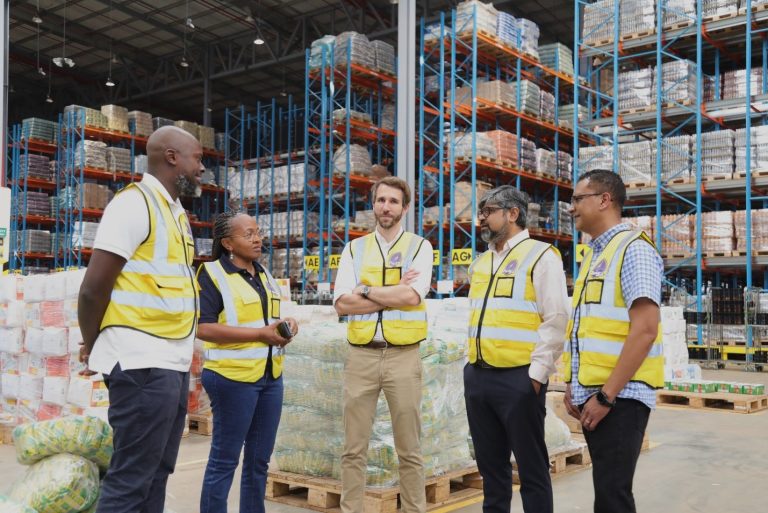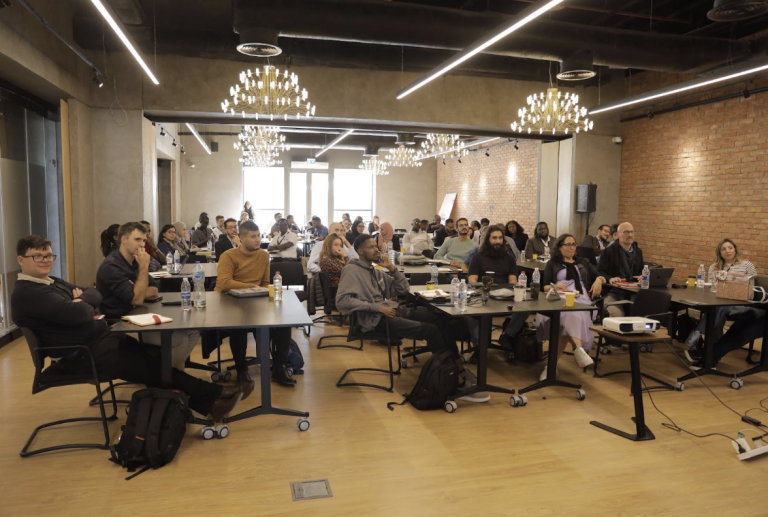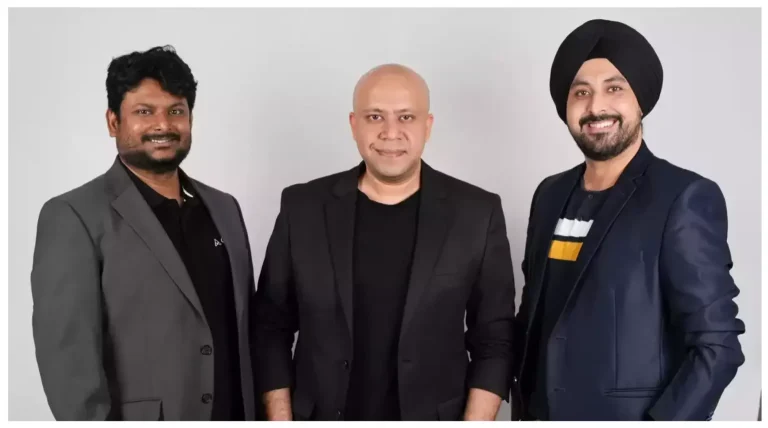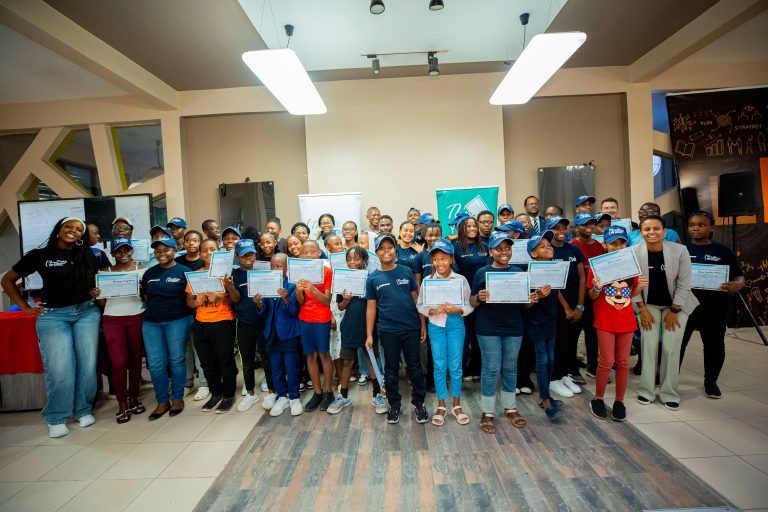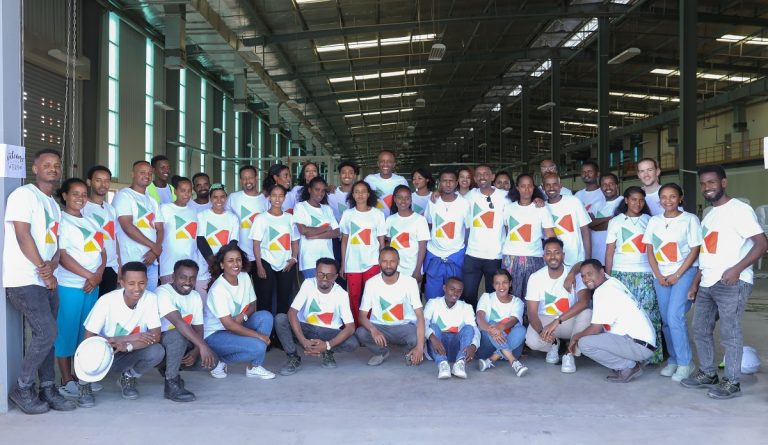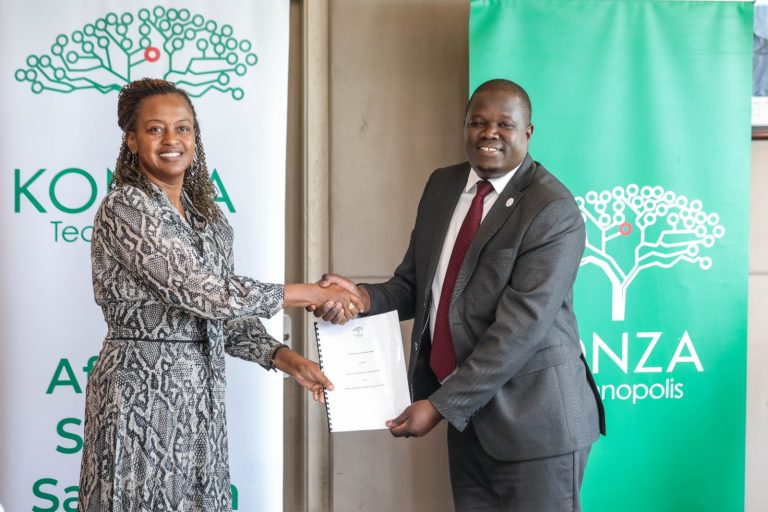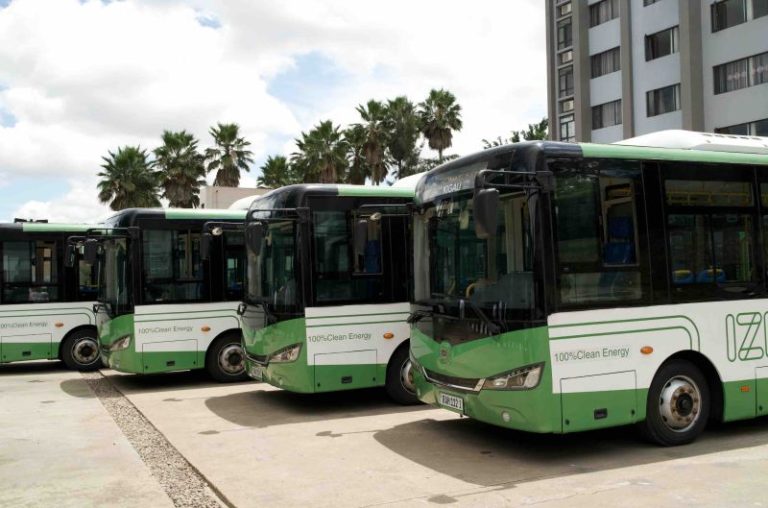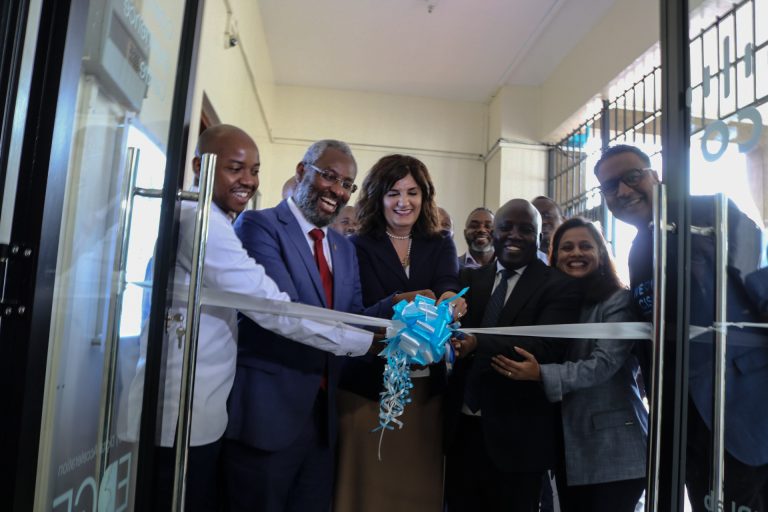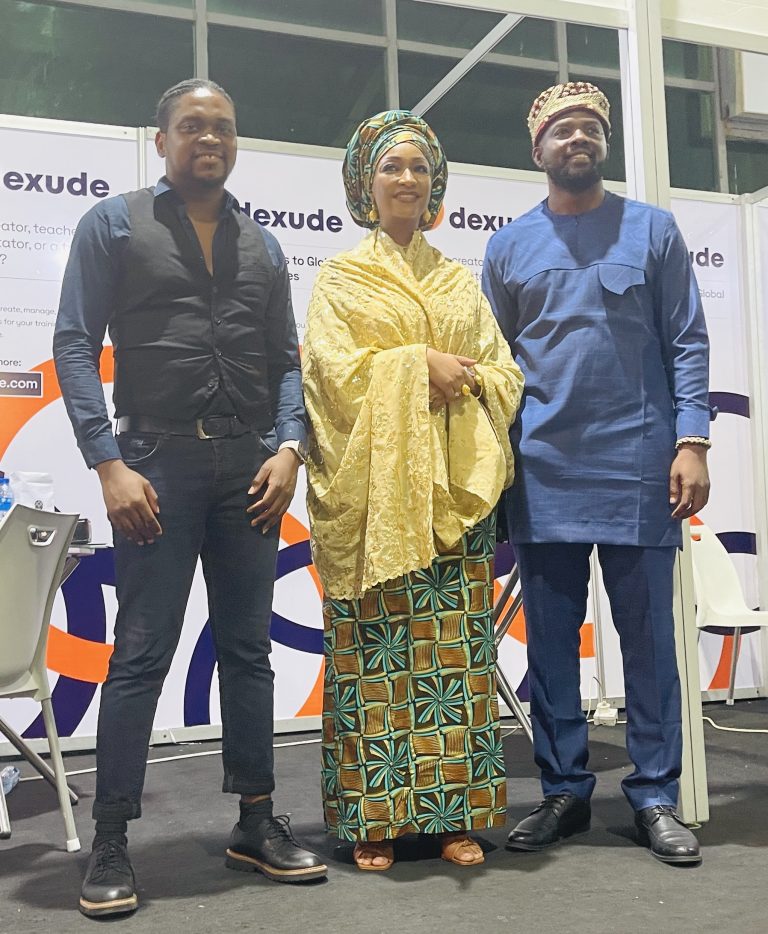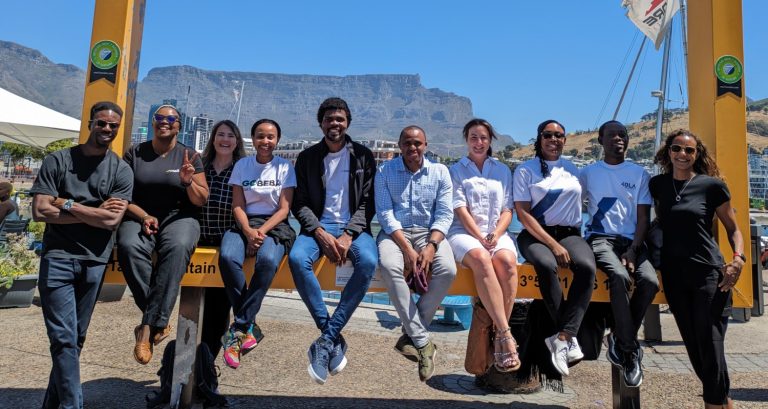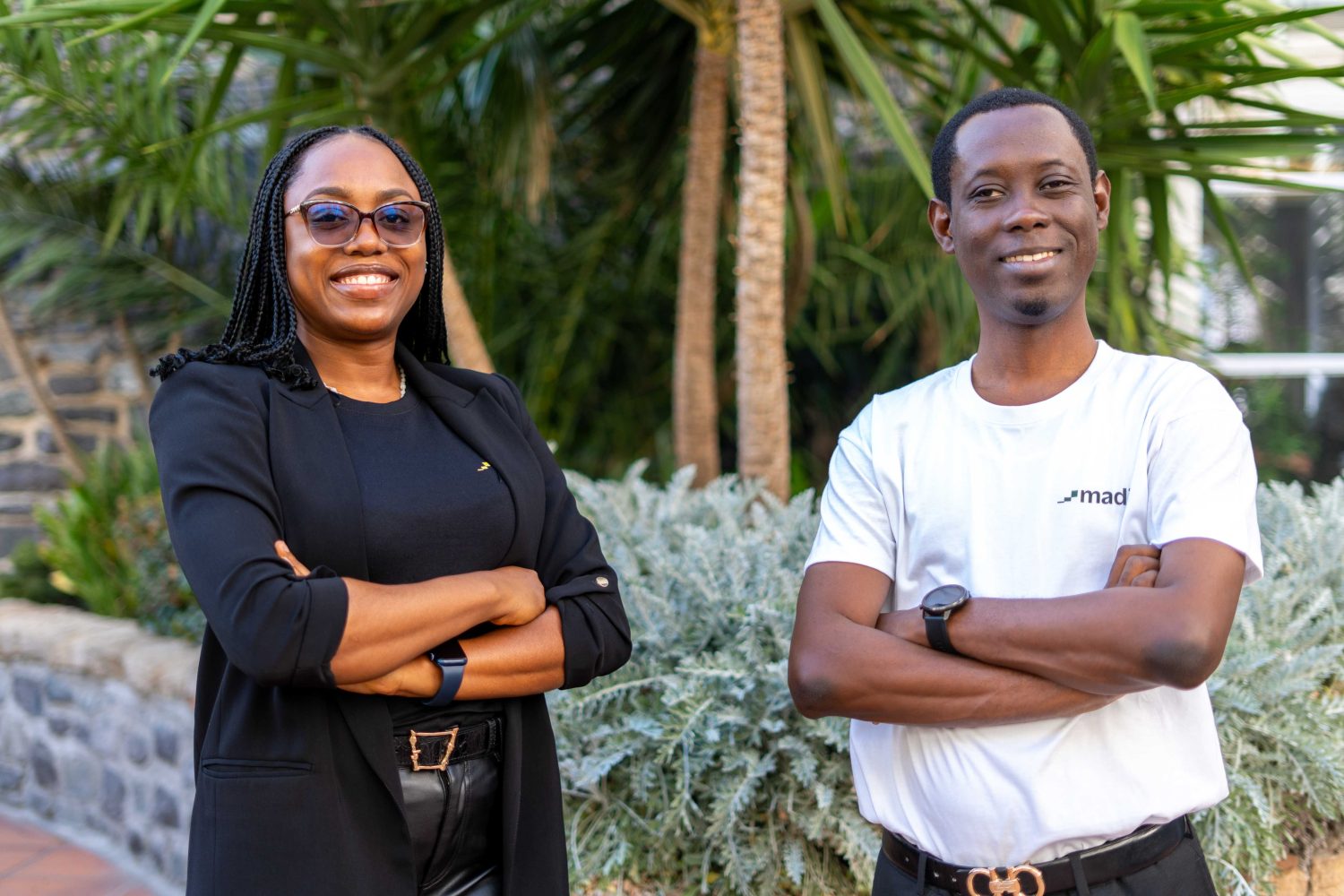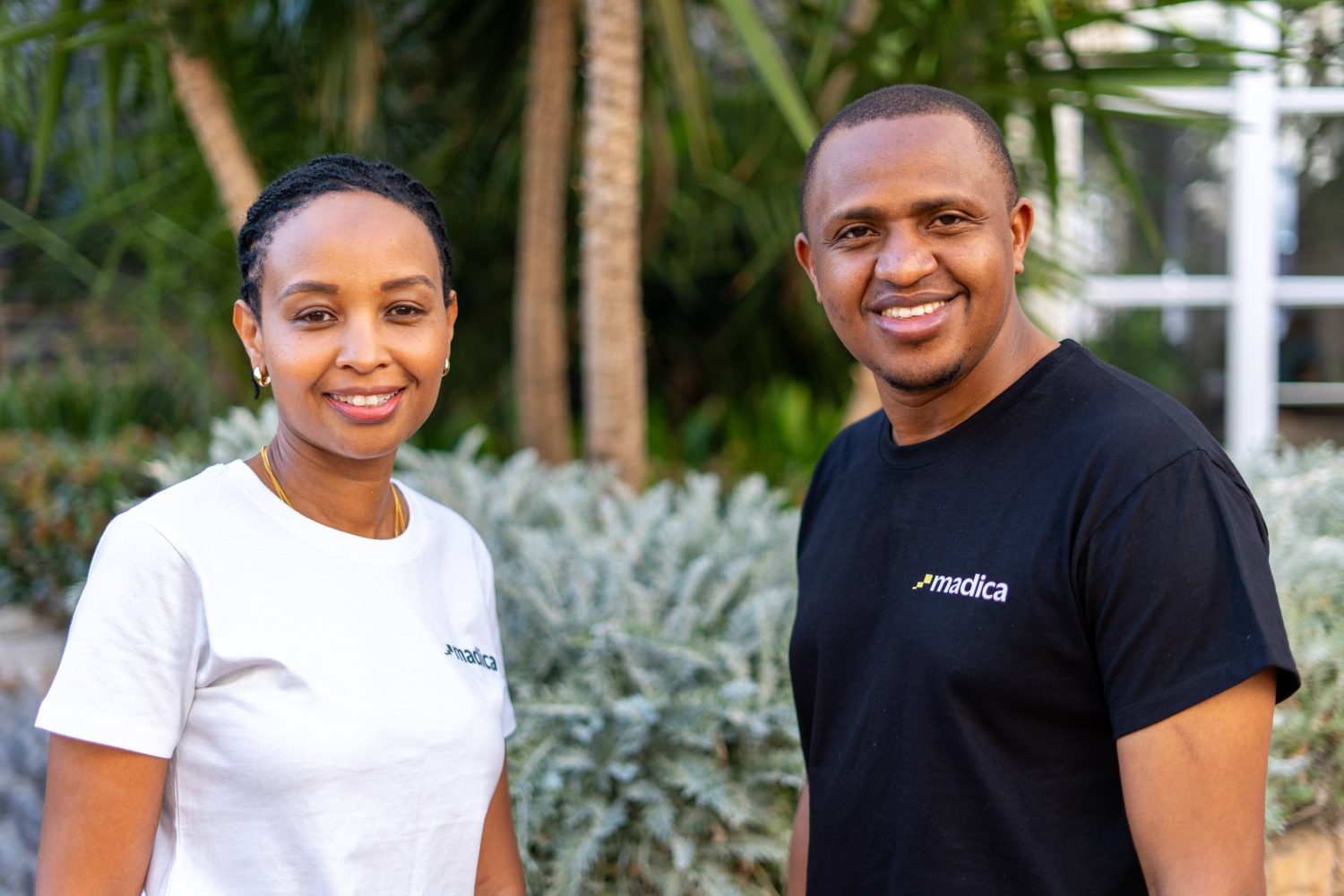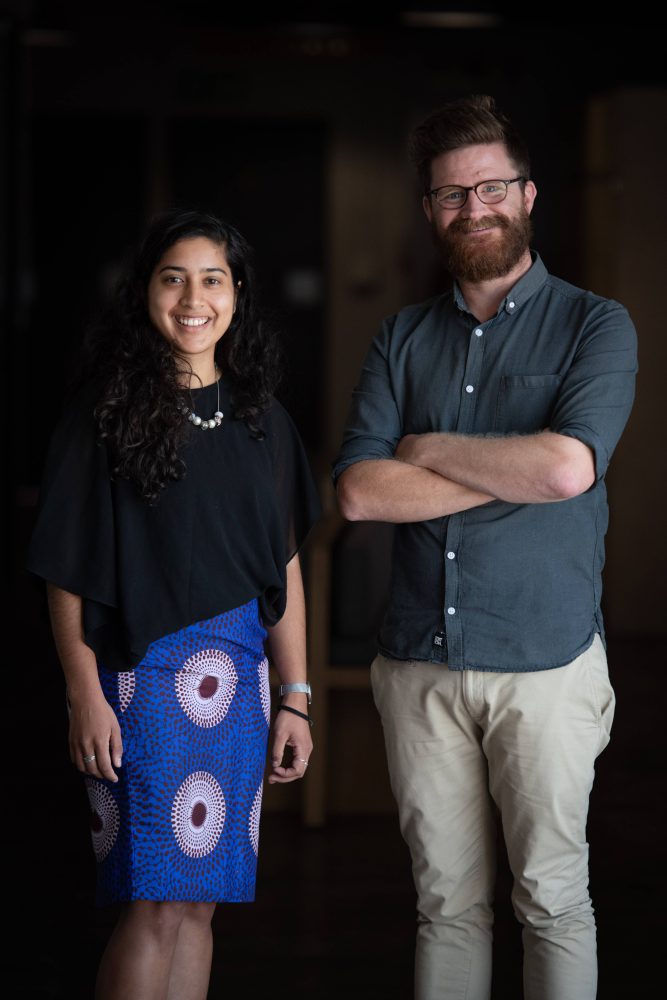Let’s investigate the intricacies of cloud mining and the cryptocurrency space as a whole. This piece intends to provide a step-by-step explanation of the principles of cloud mining, regardless of whether you’re a seasoned investor or just inquiring about the industry. It covers how it operates, potential risks, and advantages. In summary, we aim to unveil cloud mining in cryptocurrency.
Users can hire the processing power of a data center remotely through cloud mining or cloud hashing, eliminating the requirement for hardware ownership. Reputable businesses like HashFlare and Genesis Mining give customers the chance to participate in mining without having to worry about managing equipment.
Consider the benefits, drawbacks, and evolving field of cloud mining you’ll see in this article to ensure you’re making the best decision in the current cryptocurrency market.
For Starters: An Understanding of Cloud Mining
A crucial function of the blockchain system is mining cryptocurrencies, which verifies and logs transactions into the openly accessible database. The more traditional method of mining involves lone miners equipped with heavy machinery, while cloud mining is a relatively recent concept.
When users have access to distant computing resources housed in these data centers, they can employ an alternate technique known as cloud mining or cloud hashing. In contrast to traditional mining, which requires using personal gear, cloud mining allows a large number of individuals to participate in mining activities without having to purchase and maintain the necessary hardware. These service providers, sometimes referred to as cloud mining firms, oversee expansive mining infrastructures that they rent out to clients in order to generate revenue.
Mechanisms of Operation
Selecting a Provider for Cloud Mining
What’s cryptocurrency cloud mining, and how does it operate?
You can generate cryptocurrency using cloud mining without needing to purchase or maintain any hardware. It entails leasing processing capacity from an organization that manages the mining apparatus on your behalf.
Finding a reputable provider through research and selection is the first step in cloud mining. Selecting the best cloud mining firm should be done with greater caution because there are many companies available. Reputable suppliers need to be transparent about their practices, have a solid track record of reliability, and offer simple terms.
These users typically conduct extensive research to compare the reputations of various suppliers, costs, conditions of contracts, and public opinion. Nonetheless, when customers choose a supplier whose goals align with their own, this phase is critical.
- Well-known cloud mining vendors
The most well-known cloud mining service providers are HashFlare, Eobot, Genesis Mining, and so on. Typically, users look for a supplier who has received good feedback and testimonials from other users in the community.
Choosing a Mining Strategy
After selecting a supplier, users must select a mining policy that best suits their requirements and financial capabilities. There are several configurations for mining programs that offer different hash power, time spans, and fee-for-service options.
- Considerations for hash power
The hash rate dictates the mining efficiency. After that, users must choose a hash rate that’s appropriate for their capital and gains; more costly with bigger payouts, but hash power plans cost more.
Contracts for cloud mining can range in duration from instantaneous execution to ongoing agreements. As a result, users’ contract lengths ought to correspond with their risk tolerance and financial goals.
In this situation, service providers might give several pricing structures, including set rates, or variable fees that change based on changes in the market. It’s anticipated that users will understand the arrangement of prices and how it impacts their potential returns.
Putting a Signature on a Mining Contract
After that, users enter into contractual agreements with the mining plan they have chosen. Important details including the quantity of hash power allotted, the duration of the contract, and associated fees are also covered in the agreement between the parties.
Users must carefully read the terms and conditions of the mining contract before finalizing it in order to prevent disputes after signing it. During this phase, it’s critical to avoid misunderstandings and ensure that everyone is aware of their roles.
- Compliance with laws and regulations
Because the mining contract is governed by the laws and regulations of the jurisdiction in which the provider conducts business, users should be aware of these provisions. Respecting the nation’s legal obligations lessens the possibility of fines or other legal repercussions.
Getting Paid for Mining
As long as the mining process is active, users will be paid in cryptos based on the quantity of hash power they have allocated. The generation of cryptocurrencies like Bitcoin, Ethereum, and other alternative digital currencies then receives a portion of these benefits.
Speaking of other cryptos and their mining, especially, cloud mining, the “case” of Monero is particularly interesting. In comparison to your preconceived notions about the typical cryptocurrency mining process, Monero operates quite differently. Monero’s emphasis on complete decentralization is evident in its mining strategy, which is frequently marketed as being more “democratic” than that of, say, Bitcoin. The CryptoNight hashing method, which Monero implemented and uses to mine its XMR currency (the untraceable coin, perfect for anonymity in transactions, hence popular for people who want to conceal their online habits, such as gambling on best Monero casino sites in 2024, from close ones) is the cause of this. Because it can be computed by CPUs and GPUs, this memory-intensive technique is meant to promote a more equitable approach to mining. Mining Monero via cloud-based services gets you into an agreement with a cloud mining platform, typically centered around a data center, which will mine Monero for you in return for a regular payment. For individuals who find owning a mining rig to be an unnecessary nuisance and who don’t want to dig into the specifics of mining, this option is more affordable and more accessible.
- A consideration for mining pools
Some utilize pooled or cloud hashing agreements, which are similar in that they enable groups of strangers to boost the likelihood of winning by contributing hashing techniques for mining blocks together. Members of a mining pool receive payment for the hash power they contribute.
- Withdrawing and conversions
Nonetheless, users typically have the option to exchange their mining rewards for Bitcoin or other cryptocurrencies or to withdraw them altogether. Everything is dependent upon personal preferences and the state of the market.
Benefits of Cloud Mining
Availability
Fair usage of mining activities by all is made possible by cloud mining.
Cloud mining makes it possible for people with limited financial resources and no technical experience to mine cryptocurrency on other people’s hardware.
Economy of Cost
Traditional mining requires capital expenditures for cooling systems, energy, and hardware.
With cloud mining, these charges are eliminated, allowing users to begin mining for less money than they would typically.
Adaptability
The length of time that users may work under a cloud mining contract is likewise flexible.
Depending on their investing goals and risk tolerance, investors can also choose to enter into a long-term or short-term contract.
Diversifying
People don’t need to manage many miners when mining different kinds of cryptocurrencies at the same time thanks to cloud mining.
This makes it easier to diversify a crypto portfolio.
Challenges & Risks
Issues with Profitability
However, it’s possible that a key component that drives fluctuations in virtual currency pricing may determine how profitable cloud mining becomes. The possibility of making money through cloud mining is dependent on changes in the value of different cryptocurrencies, such as Ethereum and Bitcoin.
The amount of cryptocurrency awarded to miners may be influenced by mining levels of difficulty that automatically adjust in response to variations in hash rates. However, while one’s hash power is constant, increasing mine difficulty might make mining more challenging and profit may no longer be profitable.
Reliance on Providers
- Dependence on infrastructure
Users using cloud mining, however, are reliant on how well the chosen provider operates. Customers of these services could encounter disruptions as a result of difficulties such as hardware malfunctions, service outages, or other technical problems that arise at the providers’ end.
It’s crucial that the cloud miner offers to be trustworthy and dependable. To avoid falling victim to untrustworthy providers who are prone to disruptions, customers should exercise due diligence in finding credible organizations that are recognized for their dependability, transparency, and uninterrupted reward plans.
No Control
- Restricted hardware control
Few rights exist for the owners of Cloud Mine’s actual hardware over how the provider uses it. On the other hand, consumers who are used to controlling their hardware directly may find lack of control concerning.
- Authority to make decisions
The supplier has the authority to make decisions about things like hash function modifications and equipment improvements. However, consumers may be at the mercy of the provider’s whims and caprices, which could lead to unpredictably changing mining activity and earnings.
Risks of Scams
Malicious Activities
Unfortunately, there have been a few cases of dishonest cloud mining operations in the cryptocurrency space.
Some con artists promise large sums of money that they will quickly refund. Examine each cloud mining contract you are going to sign very carefully.
Warning and Red Flag Signs
Users should therefore exercise caution when doing business with providers who make excessively large returns without providing comprehensive explanations of their Ts & Cs, or who make excessively grand promises.
This will help uncover potential scams by examining customer evaluations, the reputation of the industry, and the provider’s reaction to queries.
Regulatory and Legal Risks
Uncertainty in Regulations
Nonetheless, laws governing cloud mining vary throughout the world, and shifting laws may have an impact on the practice’s legality or viability.
It’s imperative that consumers understand that neglecting to stay up to date with the current regulatory environment in their jurisdiction leaves them vulnerable to any legal consequences.
Compliance with Contracts
Users should confirm that a cloud mining provider complies with all applicable laws and terms before selecting one.
There will be numerous financial and legal issues if there’s any inadequacy in these agreements.
The Changing Cloud Mining Environment
Technological Progress
For mining optimization, cloud mining offers ongoing acquisitions of cutting-edge machinery and technology.
Performance improvements benefit users without requiring them to update their own gear.
Market Rivalry
The recent surge in the popularity of cloud mining has led to intense competition among businesses in this industry.
There is fierce competition in the market as service providers strive to improve service delivery and pricing models by adding more features to their packages.
Regulatory Aspects to Take into Account
This is contingent upon the legal framework of cloud mining that exists in different nations.
There are regions where mining cryptocurrencies is permitted, and there are others where it’s strictly prohibited. Users therefore need to be aware of local legislation.
Final Thoughts
Because of this, cloud mining offers a minimal entrance barrier into the world of cryptocurrency mining. Nevertheless, before choosing a cloud miner, one must conduct extensive study on a number of topics.
Cloud mining could be the future of cryptocurrencies, providing a wide range of choices for those looking to participate in the decentralized economy.


